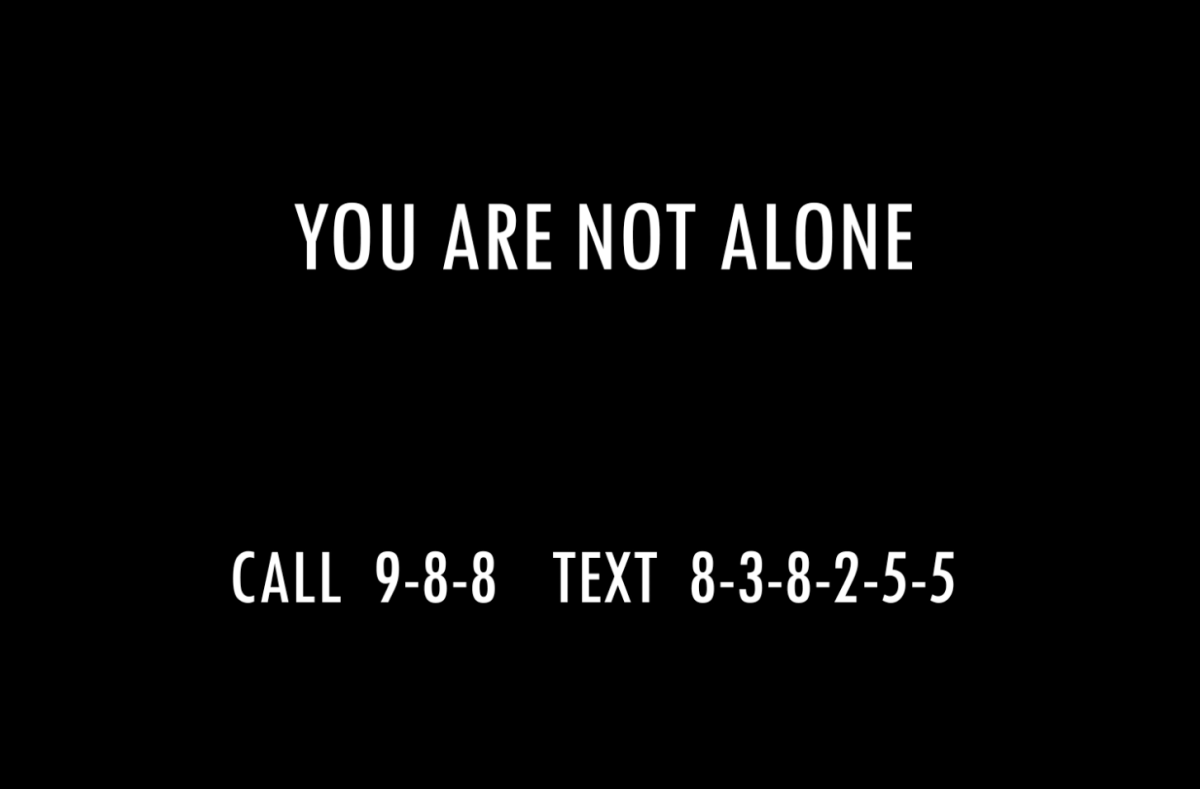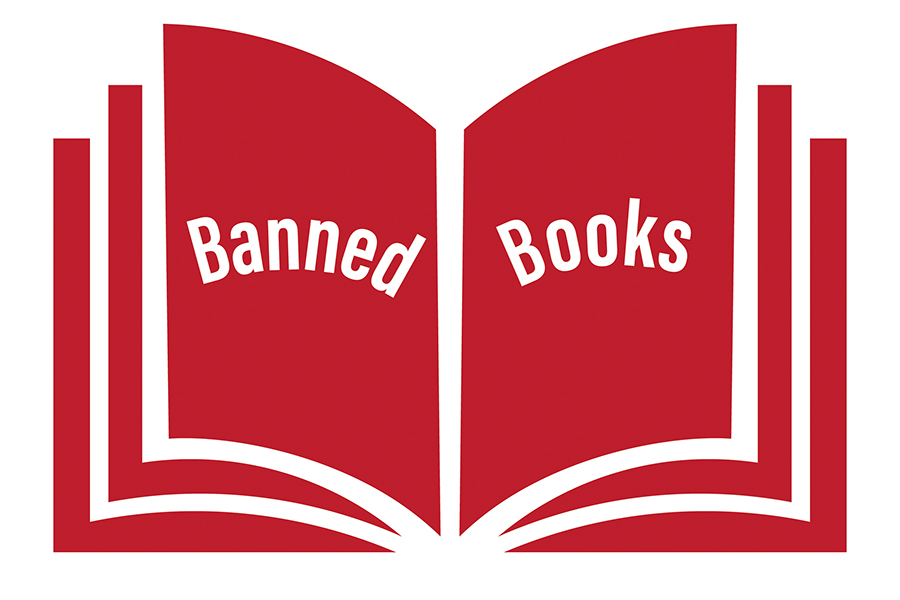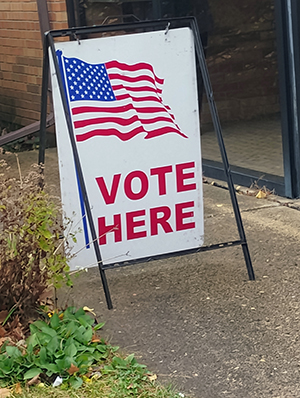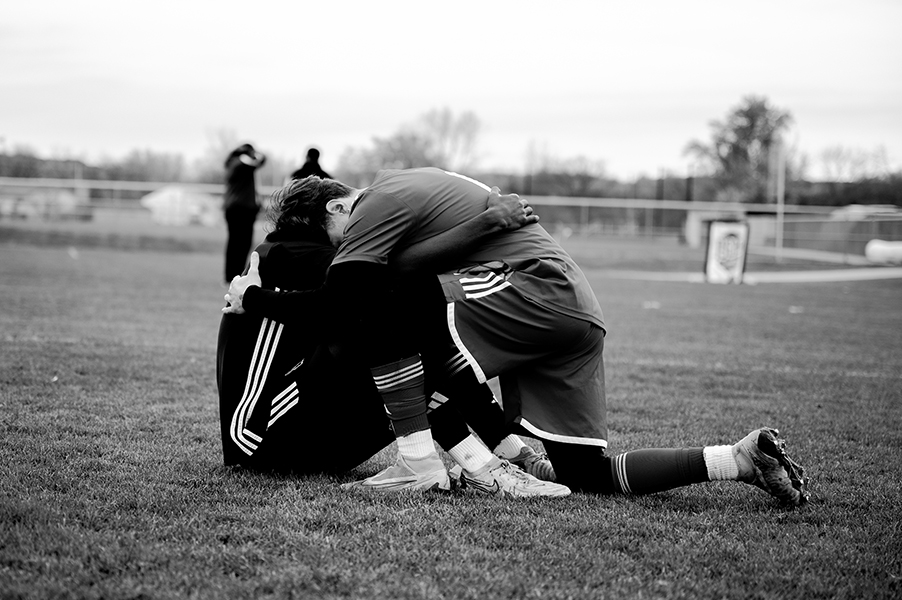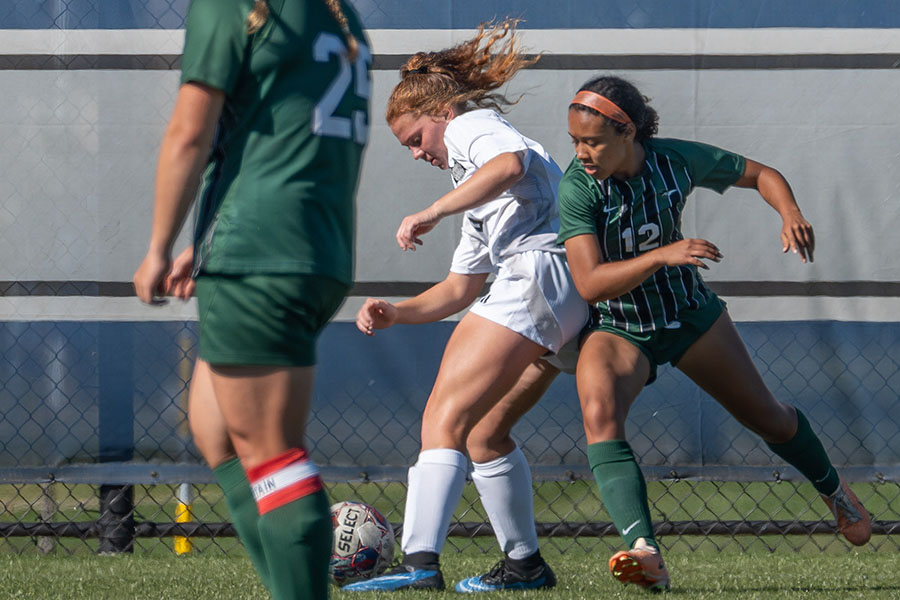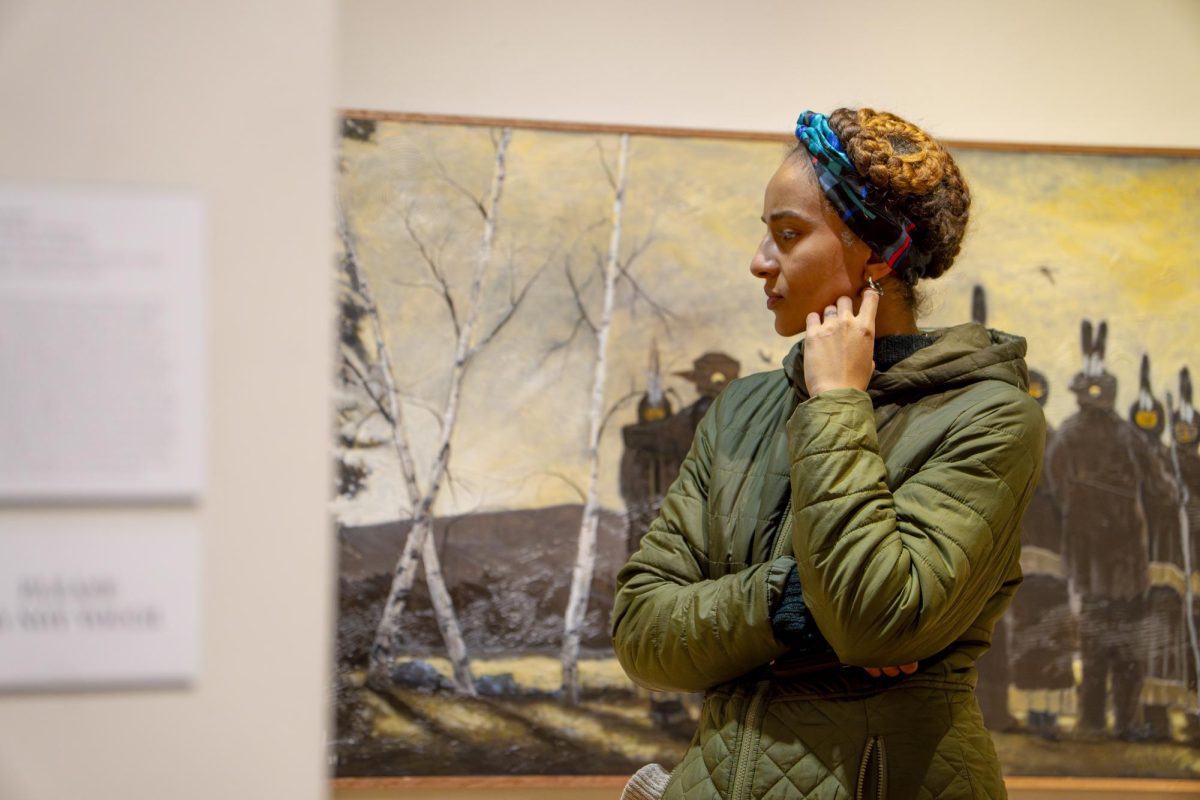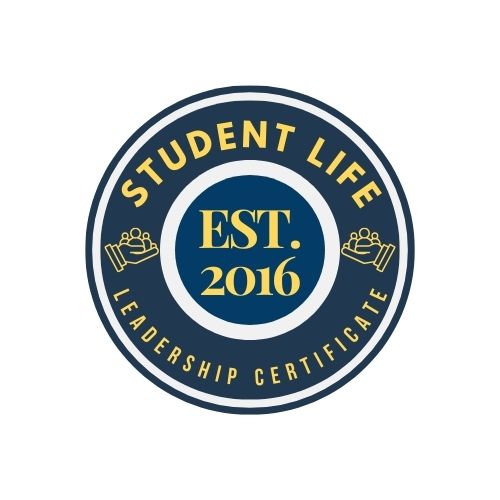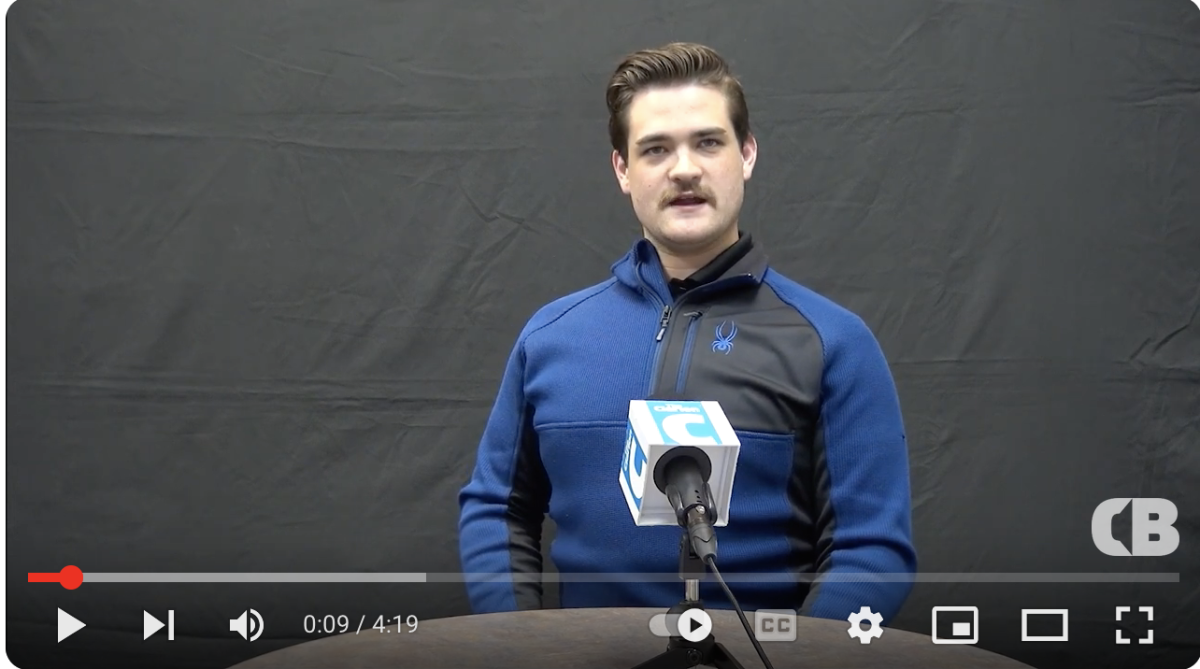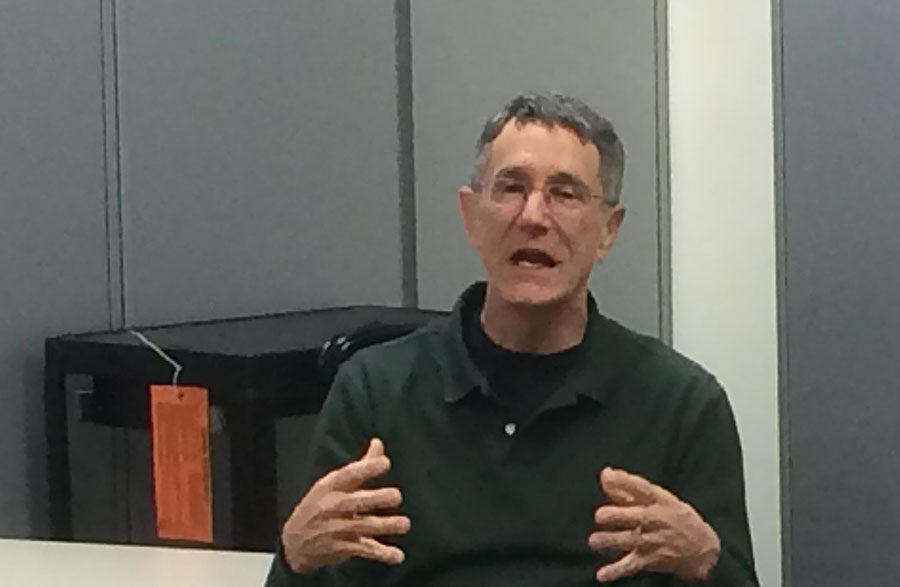A counselor’s perspective on coping with addictions
Madison College counselor John Boyne visits with a class about his role assisting students who have substance abuse issues
April 9, 2019
Madison College Counselor John Boyne spoke to a journalism class about his role counseling students with drug and alcohol issues.
Boyne’s presentation earlier this semester for an Intro to Journalism class covered drug abuse awareness and prevention, addiction issues, and personal responsibility. He also discussed the specifics of drugs such as alcohol, marijuana, and opioids.
Boyne has been a counselor at Madison College for seven years. Before his time at Madison College, he worked for 10 years in connection counseling at Edgewood. He has a master’s degree in counseling from the University of Iowa and has developed his skills and knowledge even further over the years.
“I’m not in the habit of telling people not to do drugs,” Boyne told students in a journalism class taught by Larry Hansen. “I don’t wag my finger at them and tell them, ‘no.’”
Instead, he hopes to play a different role in his position, by aiming to raise people’s critical thinking ability. By doing this, he believes people will be able to reflect and learn exactly what they want from drugs. By using critical thinking, people will be able to avoid higher risks and still get what they want out of drinking or using drugs.
“It’s a human thing to want to change your mindset because life is painful,” he said.
However, Boyne warned, “Unless you do it in a very controlled way with certain goals, we’re prone to falling into a trap – that’s addiction.”
Addiction was a common theme among all of the drugs that Boyne talked about.
In the case of alcohol, he made clear that the withdrawal symptoms can be fatal. Alcohol is woven into our culture and is much more socially accepted than other drugs. Boyne said it is “the biggest public health problem.” Many people like to sketch a different picture for alcohol, when it falls into the same dangerous category as other drugs.
Boyne also discussed heroin or opioid addiction. He described how painful and difficult the path to recovery from these drugs is. He said that people have overdosed on campus.
“Opioids are difficult to quit and people have to work at recovery for a long time,” said Boyne.
When a journalism student asked whether or not he considered marijuana to be addictive, Boyne stated, “Definitely. It can be.”
He went on to explain that weed is addictive in a different way than other drugs.
“Marijuana withdrawal symptoms are less intense and less dangerous than other drugs but can create significant disruption,” he said.
Many who attempt quitting marijuana say that they have trouble feeling “normal” again.
Whatever the case is, addiction is a hard thing to break free from. The counseling service that Boyne works with conducts direct counseling and has a same-day service that allows students to talk with a counselor as soon as possible.
“It’s all voluntary,” said Boyne.
While a small number of students are referred by a teacher or the dean, most students come in on their own. He wants students that come in to be ready for change in order to get better.
He added, “But talking about it even if you are not sure if you need or want to change is good too.”
Boyne said one of his main focuses is to find solutions so that students can be more focused on school. During his sessions, he pushes out ideas connected with experiences, and mainly makes students think. Some students fear relapsing and come in for the extra support they need to fully kick a habit to the curb.
Boyne aims to assist students who are caught up in the mix of drugs that are prevalent in our society and culture.
“Your brain is still developing when you’re in your mid-20s. Drinking or getting high doesn’t support that late stage brain development; it complicates it,” said Boyne.





